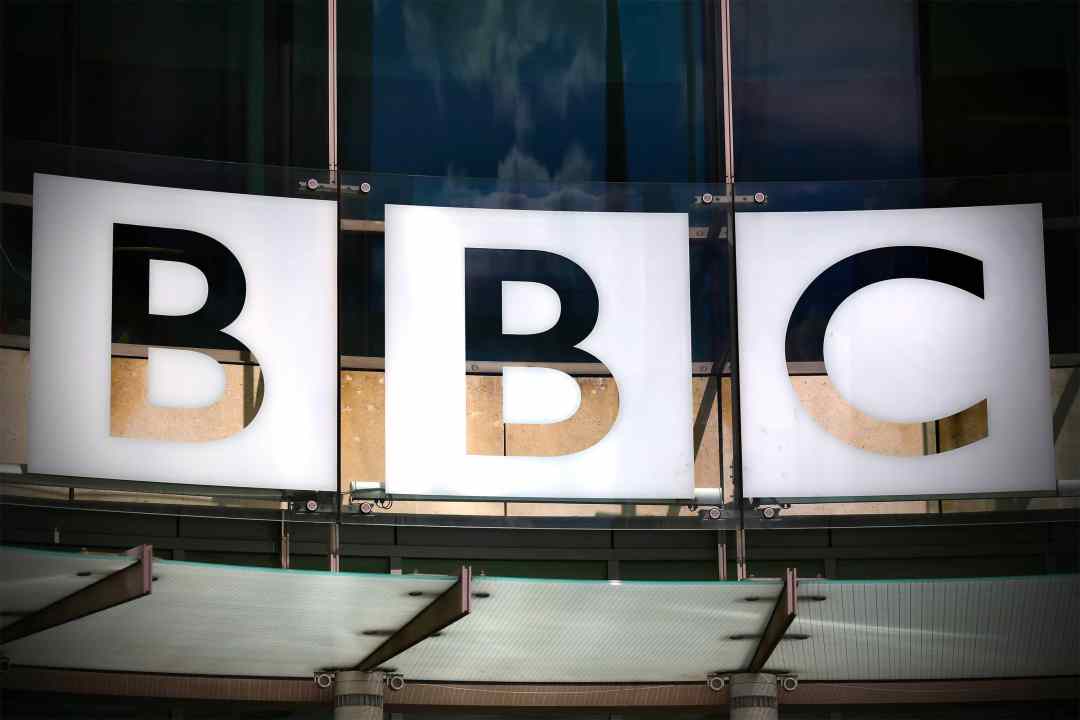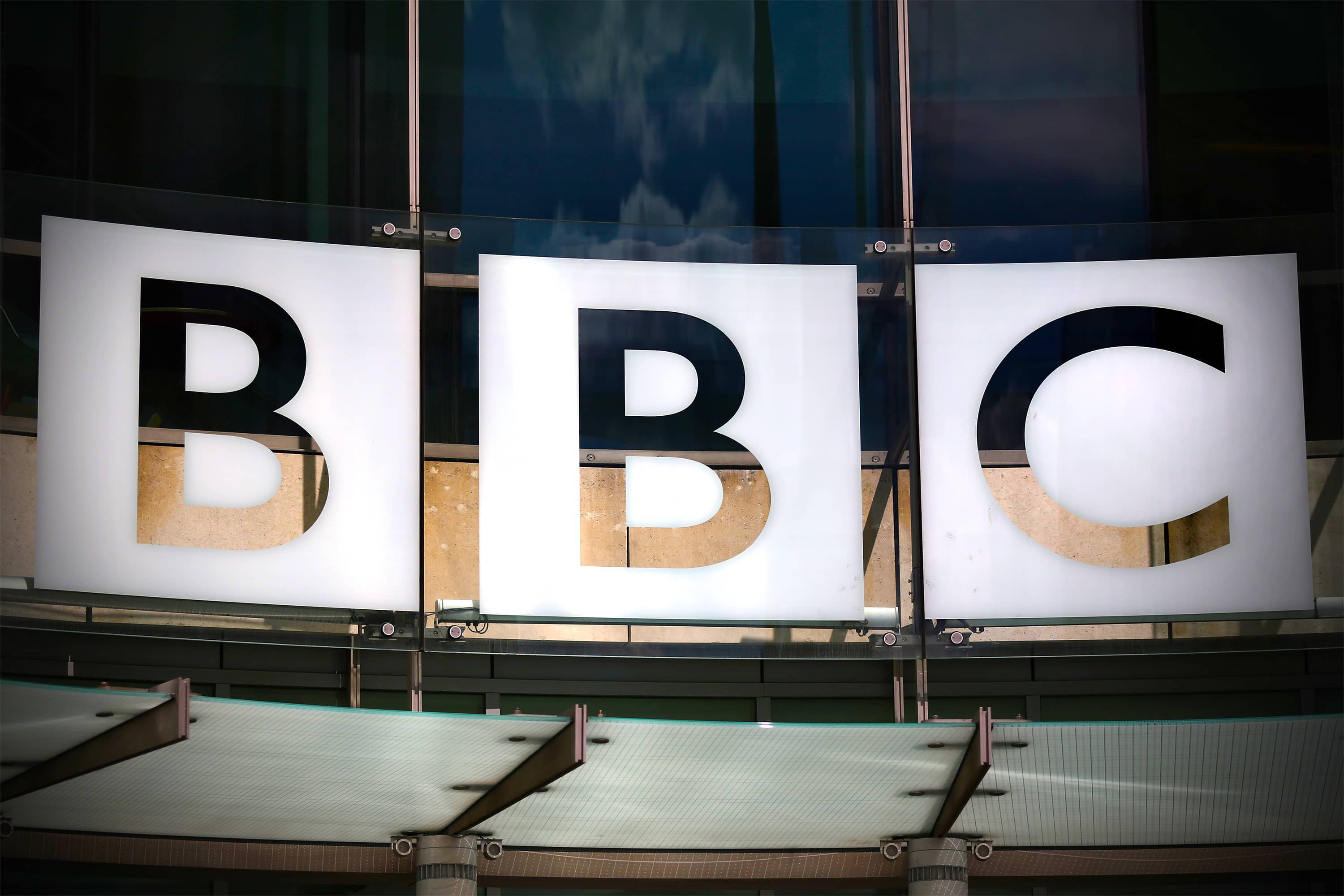The BBC has produced its annual 100 Women list, a showcase for women who have done interesting, important things. There’s a lot to like about this year’s list: half the women on it come from Afghanistan; some of them, tellingly, can’t be pictured for their own safety. Perhaps if fewer British resources had been deployed getting Pen Farthing’s dogs out of Kabul in the summer, some of those women wouldn’t live in fear for their lives. But that’s another debate.
There’s something else interesting about the BBC’s 100 Women, which says something about the Corporation’s ongoing struggle for impartiality. At least two of the people on the 100 Women list were born male and now identify as transwomen. I’m not going to name them here, because this isn’t about them; the BBC list’s accounts of their lives and work make clear they are impressive.
The point is that by including transwomen on a list of women, the BBC is taking sides in a contested issue. Because not everyone accepts that people who are born male can become women. Some people argue that the male biology and male socialisation which — by definition — transwomen start their lives with mean they cannot ever truly belong in the category of women.
A quick expansion of that last sentence, since this stuff sometimes needs to spelled out very clearly and slowly. Transwomen are by definition anatomically male and receive at least some degree of male socialisation: if they weren’t they wouldn’t have any change or transition to make in their status or anatomy. ‘Trans’ comes from Latin and refers to crossing from one place or state to another. If transwomen didn’t start off male, there would be no such ‘trans’ journey for them to make.
There is a disagreement here and a serious one. And it is a disagreement in which the BBC has taken a side
A fundamental of that argument is that admitting into the category of women people who were born male is unfair. Males have more power in pretty much all human societies. Transwomen, by dint of male anatomy and socialisation, have therefore received at least some share of privilege that is unobtainable to natal women.
The continuation of this argument is that including transwomen in the category of women is harmful to natal women and against the interests of natal women. These harms can take many forms. In law and policy, the ‘transwomen are women’ approach can mean the erosion or removal of boundaries around single-sex spaces. In culture and society, ‘transwomen are women’ diverts attention from — and potentially devalues — the unique experiences that natal women have based on their female biology and socialisation.
And when finite resources are allocated, ‘transwomen are women’ means that some things that might otherwise have been allocated to natal women are given to people who were born male. It is a simple statement of fact that because the BBC awarded some places on its 100 Women list to transwomen, those places — and the status and acclaim they bring — cannot be given to natal women.
Now, I apologise for the paragraphs above sounding a bit like a poor undergraduate philosophy essay, but it’s important here to set out as clearly as possible that there are points of contention around treating transwomen as women and including them in that category of ‘women’.
Some people who’ve read those paragraphs above will agree with and endorse the arguments I’ve summarised. They worry that treating transwomen as women can have adverse consequences for natal women, and wonder if there aren’t other ways to support trans people without negative impact on women.
I know many people who take that position. They include women and men, not to mention trans people. They include politicians, officials, lawyers, teachers, doctors. They include household-name celebrities and ordinary members of the public. Having doubts and questions about treating transwomen as women is not a marginal or fringe position. (It is also, incidentally, one that is now recognised in UK law, since Maya Forstater’s employment tribunal case established that ‘gender critical’ views are a philosophical belief worthy of protection under the Equality Act 2010.)
Meanwhile, some people will strongly disagree with and deprecate the arguments I’ve summarised above. They believe that transwomen are women like any other and should be treated as such. They note that trans people suffer harms and injustices that must be addressed. For them, including transwomen in the category of women is a matter of justice and decency.
I know many people who take that position. They include women and men, not to mention trans people. They include politicians, officials, lawyers, teachers, doctors. They include household-name celebrities and ordinary members of the public. Arguing the case for treating transwomen as women is not a marginal or fringe position.
In short, there is a disagreement here and a serious one. And it is a disagreement in which the BBC has taken a side. By including transwomen in that 100 Women list, the Corporation is siding with those who argue that ‘transwomen are women’ and against those who reject the unqualified inclusion of transwomen in the category of women.
I think that is a mistake for the BBC, whose leadership has correctly identified the need for the organisation to demonstrate its impartiality on contested issues. I also think it’s an unnecessary mistake: surely the BBC could find ways to celebrate and highlight the impressive stories of its chosen transwomen in a way that didn’t require telling a significant portion of its audience that their understanding of the word ‘woman’ is incorrect?
Ah, but wouldn’t producing a 100 Women list that didn’t include any transwomen be ‘exclusionary’? Would that not also mean the BBC taking sides on this contested issue? It depends on how it was done. If the BBC were to state unequivocally that transwomen are not women and so cannot be included on that list, yes, it would be making just the same mistake I have criticised here. That would be wrong.
But there is always a middle way to be found. There are ways to acknowledge this dispute without taking sides. It surely cannot be beyond the wit of a global media giant to find a way to publish a list of 100 natal women of note while also celebrating the achievements of notable transwomen — and acknowledging an ongoing debate about the relationship between those groups? Describing the arguments against including transwomen in the category of women is not the same thing as adopting those arguments and asserting that transwomen are not women.
Are transwomen women? Some people say yes. Some people say no. Some people aren’t sure and would like to know more before reaching a conclusion. The result is a debate that is far from settled among the public who fund the BBC and consume its output. The BBC should report that debate, not take sides in it.
This article is free to read
To unlock more articles, subscribe to get 3 months of unlimited access for just $5









Comments
Join the debate for just £1 a month
Be part of the conversation with other Spectator readers by getting your first three months for £3.
UNLOCK ACCESS Just £1 a monthAlready a subscriber? Log in